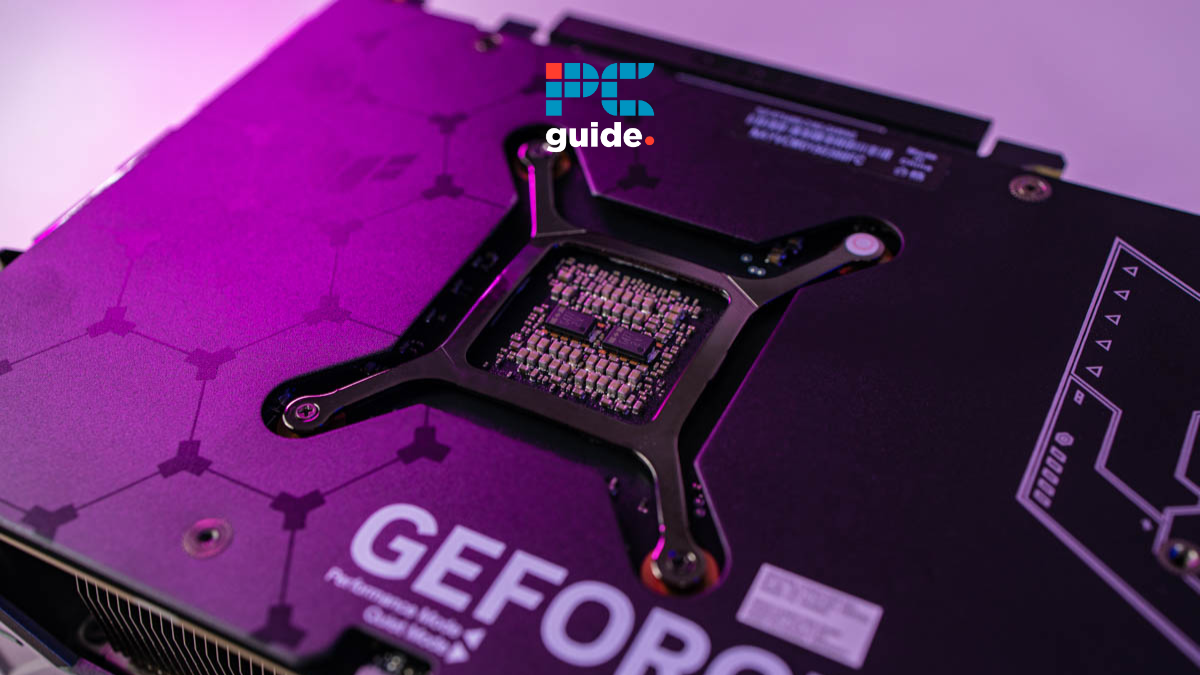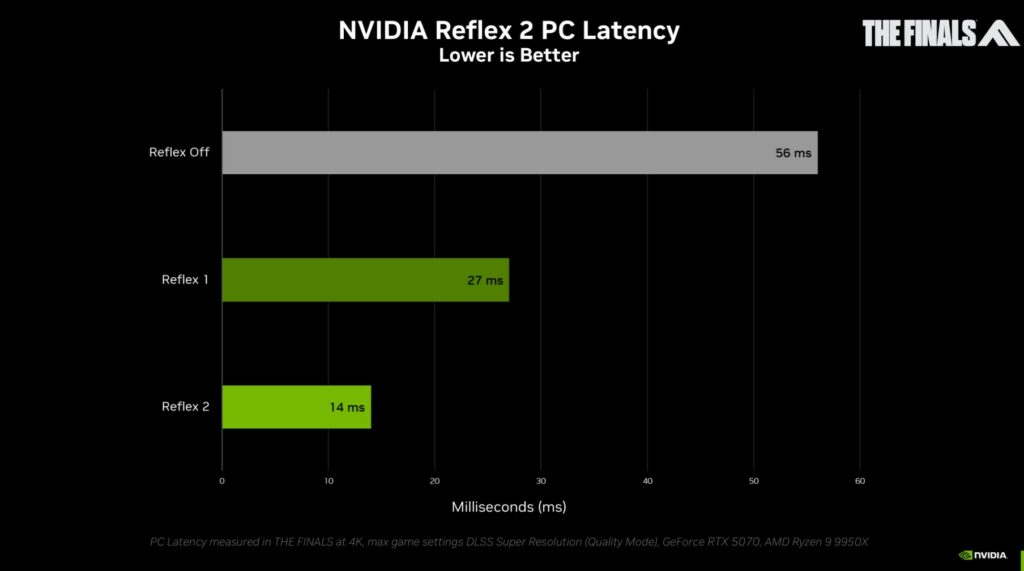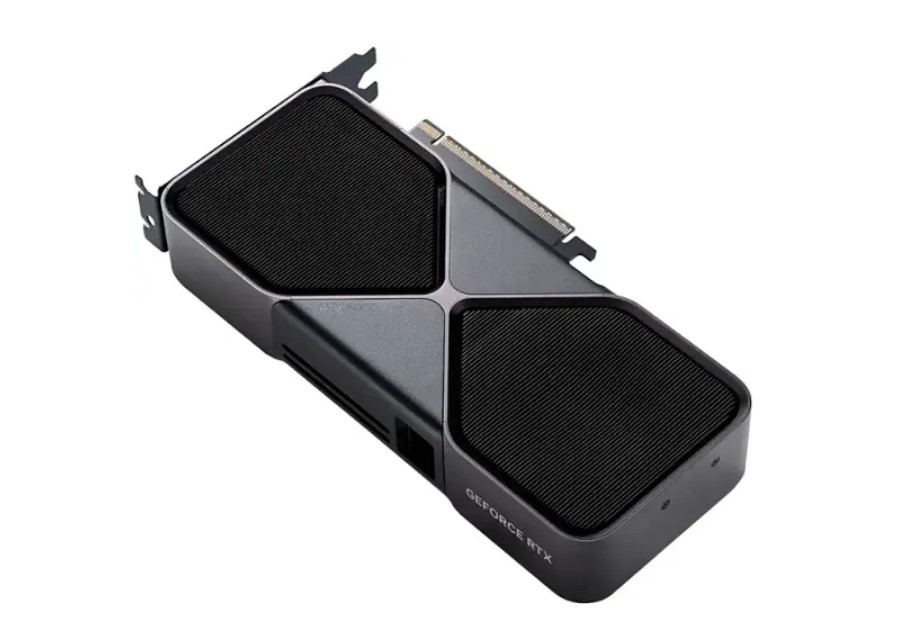RTX 5070 vs RTX 4080 specs comparison – how do they compare?

Table of Contents
When looking at the new 50 series GPUs, there are more mid-level options that might be of interest. The RTX 5070 and 5070 Ti releases will complete the selection of cards that were announced at CES back at the beginning of January. These GPUs feature the new memory type GDDR7, 4th-generation Ray Tracing, and 5th-generation Tensor Cores.
However, the most eye-catching aspect of this announcement was when Nvidia CEO Jensen Huang claimed that the RTX 5070 would deliver RTX 4090 performance at $549. So, if you're anything like us, you'd have started thinking about how it would compete against other GPUs like the RTX 4080.
Prime Day may have closed its doors, but that hasn't stopped great deals from landing on the web's biggest online retailer. Here are all the best last chance savings from this year's Prime event.
- Sapphire Pulse AMD Radeon™ RX 9070 XT Was $779 Now $719
- AMD Ryzen 7 7800X3D Processor Was $449 Now $341
- Skytech King 95 Ryzen 7 9800X3D gaming PC Was $2,899 Now $2,599
- LG 77-Inch Class OLED C5 TV Was $3,696 Now $2,996
- AOC Laptop Computer 16GB RAM 512GB SSD Was $360.99 Now $306.84
- Lexar 2TB NM1090 w/HeatSink SSD Was $281.97 Now $214.98
- Apple Watch Series 10 GPS+ Smartwatch Was $499.99 Now $379.99
- AMD Ryzen 9 5950X processor Was $3199.99 Now $279.99
- Garmin vívoactive 5 Smartwatch Was $299.99 Now $190
*Prices and savings subject to change. Click through to get the current prices.
We've tested and reviewed the RTX 4080 in-house, and it is a good card for 4K gaming. While we don't have the performance benchmarks for the RTX 5070, we do have its complete specifications, which gives us something to go off of and see how these stack on paper. There are also leaked 5070 Ti benchmarks that can give as an insight into how they compare as well.
Of course, we'll update this article with real-world performance metrics when we test the RTX 5070 and 5070 Ti in our testing lab.
Spec comparison
We’ve listed their specifications below to see the hardware difference between the two processors.
| Specifications | RTX 5070 | RTX 5070 Ti | RTX 4080 |
| Cores | 6144 | 8960 | 9728 |
| Base clock speed | 2.16 GHz | 2.3 GHz | 2.21 GHz |
| Boost clock speed | 2.51 GHz | 2.45GHZ | 2.51 GHz |
| Memory | 12GB GDDR7 | 16GB GDDR7 | 16GB GDDR6X |
| Memory interface | 192-bit | 256-bit | 256-bit |
| Bandwidth | 672 GB/sec | 896 GB/sec | 716.8GB/s |
| TDP | 250W | 300W | 320W |
| Power connector | 2x PCIe 8-pin cables or 300 W or greater PCIe Gen 5 cable | 2x PCIe 8-pin cables or 300 W or greater PCIe Gen 5 cable | 3x PCIe 8-pin cables or 1x 450 W or greater PCIe Gen 5 cable |
| Release date | March 2025 | February 2025 | November 2022 |
Looking at these cards, there is a clear difference in hardware. The RTX 5070 has a faster memory type, but in all other aspects, the RTX 4080 is better, with the exception of next-generation Ray Tracing and Tensor cores and other software improvements.
Cores and clock speed
The RTX 5070 has 6,144 CUDA cores, while the RTX 4080 has 9,728 CUDA cores. So, the latter has 3,584 more cores than the former, and on a physical level, this puts the RTX 4080 above the RTX 5070.
In addition, the RTX 4080's cores run at a faster base clock speed of 2.21 GHz compared to the 5070's 2.16. This is a difference of 0.05 GHz, which honestly isn't a lot on paper, but with each core running slightly faster, it adds up and results in better performance.
Besides that, the boost clock speed is the same at 2.51GHz. Also, while the RTX 5070 may have newer RT and Tensor cores, the RTX 4080 has 113 TFLOPS and 780 AI TOPS, compared to the latter’s 94 TFLOPS and 988 AI TOPS. So, the RTX 5070 should perform better in AI-related tasks.
Memory
The RTX 4080 has 16GB GDDR6X, while the RTX 5070 has 12GB GDDR7. The GDDR7 memory type has a faster data rate of 32 Gbps than the GDDR6X's 24Gbps; however, the 4080 has more memory to work with, which means it should have better performance and can handle gaming at higher resolutions much easier.
While 12GB VRAM might be enough for gaming, especially if you leverage DLSS 4 with the RTX 5070, in workflows where raw performance and more memory capacity are required, the RTX 4080 should offer better performance.
To give you an example of how more VRAM can improve performance, we tested and reviewed the Intel Arc B580 and compared it to the RTX 4060. In Doom Eternal, the RTX 4060 couldn't push 4K due to its limited 8GB VRAM, while the B580 delivered 90 FPS as it had 12GB of memory to work with.
Performance
The RTX 4080 is a decent 4K card, which means it has the hardware to deliver good synthetic performance as well. While Nvidia claims that the RTX 5070 can rival the RTX 4090, we don’t see that happening, especially in raw output. That being said, the RTX 5070 has a lower VRAM and memory connection width but a faster memory type.
We compared the RTX 5080 to the RTX 4090, and it was a close match, so we might see the RTX 5070 rivaling the RTX 4080; however, we can say that for sure till we test it. On the other hand, we can’t deny that the RTX 4080 has more beefed-up specifications and will also get DLSS 4 later on, so even if the RTX 5070 manages to churn out better frames with AI enhancements, the performance difference will be bridged when the 4080 gets the same technology.
There are some leaked 5070 Ti benchmarks that showcase its capability in 3DMark, but they are not the most extensive performance but a good indicator. There, we find the RTX 5070 Ti is 16.6% faster than the 4070 Ti Super and 13.2% slower than the 5080. But the best comparison will come once at the cards are out and we can look at their full potential.
DLSS
Deep Learning Super Sampling, or DLSS, boosts the in-game framerates by rendering them in low resolution and then using AI to upscale them to 4K. By using this, even less powerful cards can churn out high FPS in games they usually wouldn't be able to handle.
The RTX 50-series cards are bringing the next generation of DLSS, DLSS 4, to the mix, and it'll be only available for these cards for the time being. On top of that, DLSS 4 promises a significant improvement over DLSS 3.5, which is used by the RTX 4080.
Nvidia has a YouTube video on its channel that showcases the difference in DLSS generations. They used Cyberpunk 2077 as an example, as it is one of the most graphically demanding titles. Without DLSS, Cyberpunk 2077 was running at 27 FPS on the RTX 5090, but with DLSS 2 and 3.5, the framerates increased to 71 and 142 FPS, respectively.
There is already a 100% increase in DLSS 2 and 3.5, but DLSS 4 took it to 243 FPS. So, in this regard, the RTX 5070, especially with Multi-Frame Generation, should be able to deliver more frames than the RTX 4080, but we'll have to see for ourselves once we get our hands on the RTX 5070.
Reflex 2
The second improvement that RTX 5070 brings is Reflex 2. This technology works to rescue the system latency for more accurate and responsive inputs. This time around, Nvidia Reflex 2 also has Frame Wrap, which basically reduces the time even further, and we'll explain how.

The processor calculates the next frame that'll be generated based on your input, and then Frame Warp shifts the pixels in that direction and waits until the last moment for the GPU to finish rendering so that the most recent input is taken. This ensures that even if you're in an intense firefight, you won't miss out on frames.
Also, shifting the pixels around caused the screen to tear, and to avoid that, they used a latency-optimized predictive rendering algorithm or inpainting, which uses prior frames and color and depth data to fill any holes and output solid frames without any mismatching colors or artifacts.
RTX 5070 vs. RTX 4080 – price comparison
The RTX 5070 has a $549 price tag, and the 5070 Ti comes in at $749, while the RTX 4080 was launched with a $1,199 MSRP. So, there is a $650 price difference between the two cards, but if you're OK with using AI to boost your in-game performance and don't have a lot of use for extra VRAM for productivity, then the RTX 5070 should serve you well and also save cost.
There is also the worry about the actual price and stock of the cards when they come out. Considering the RTX 5090 and 5080 stock lacking on release, we might see that in the 70 series cards, too. A Reddit user already bought the card and overpaid for it before release, so what will it be like?
Early impressions
The RTX 5070 is in a weird spot as it seemingly relies too much on AI. If that is the case, then the RTX 5070 Ti should have better raw performance while having DLSS 4 in its arsenal, and it only costs $200 more.
That being said, between the RTX 4080 and 5070, the 4080 seems to be the better option if you're looking for a well-rounded GPU that can deliver good productivity results and in-game performance. While it might not have Multi-Frame Generation, it will eventually get DLSS 4, which should enable it to churn out even more FPS, giving it better value.
Ultimately, it all depends on your budget and usage, and if I were to choose a GPU, I'd go for the RTX 5070 Ti as it has a decent price tag, more VRAM and CUDA cores, and comes with all the new AI technologies.




